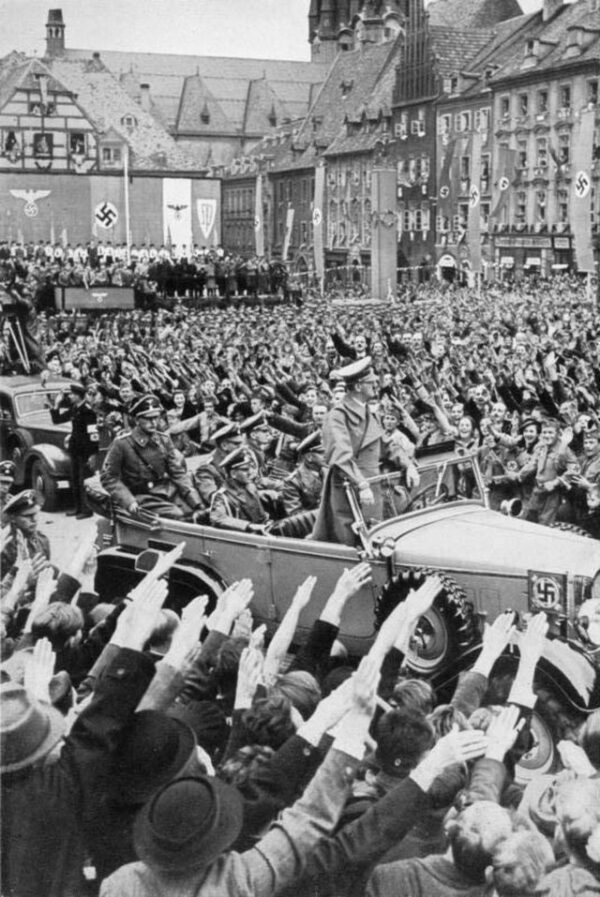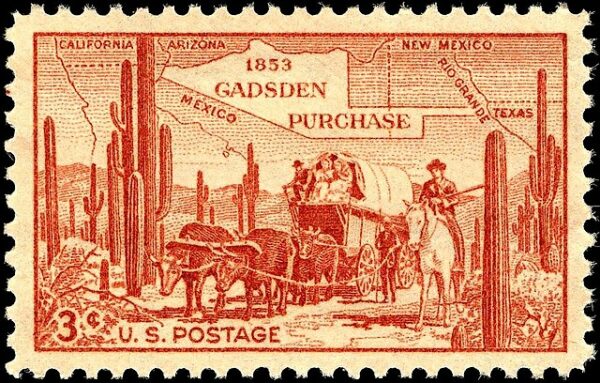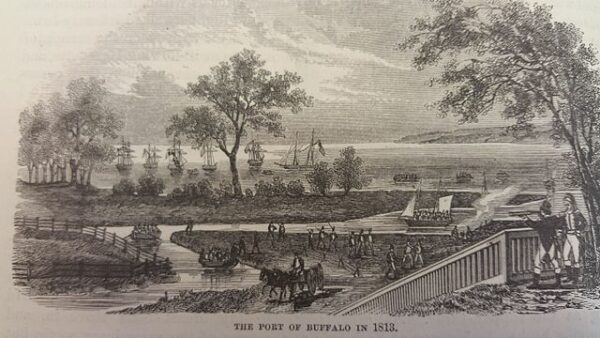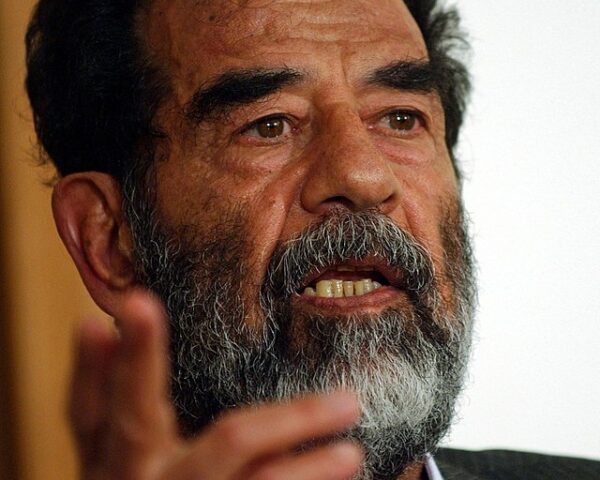On March 16, 1935, Adolf Hitler, the Chancellor of Germany, initiated a significant step in his aggressive military agenda by rearming Germany, violating the Treaty of Versailles and other post-World War I agreements. This decision had profound consequences for Europe and ultimately played a pivotal role in the outbreak of World War II.
The Treaty of Versailles, signed in 1919, imposed severe restrictions on Germany’s military capabilities, aiming to prevent it from becoming a threat to European stability again. Among these restrictions was the prohibition of Germany maintaining an air force, tanks, and a large army. However, Hitler saw these limitations as humiliations and constraints on Germany’s rightful place in the world. He was determined to reverse them and embarked on a clandestine program to rebuild Germany’s military might.
Hitler’s decision to rearm Germany was both strategic and ideological. He aimed to strengthen the nation’s military capabilities to assert dominance in Europe and fulfill his expansionist ambitions. The rearmament program included the expansion of the army, the creation of an air force (Luftwaffe), and the development of advanced weaponry and military technology. This clandestine buildup was disguised under various civilian projects to evade international scrutiny.
The international response to Hitler’s rearmament was mixed. Some European powers, still haunted by the memories of the Great War, were alarmed by Germany’s military resurgence and the potential threat it posed to the fragile peace. However, others, particularly those disillusioned with the Treaty of Versailles, viewed Hitler’s actions with sympathy, believing that Germany had been unfairly treated and deserved the right to defend itself.
Hitler’s rearmament program exacerbated tensions in Europe, leading to increased militarization and diplomatic friction. It prompted neighboring countries to reassess their security policies and alliances. France and Britain, in particular, felt compelled to respond to Germany’s growing military might, but their responses were often hesitant and insufficient to deter Hitler’s ambitions.
By rearming Germany, Hitler also sought to consolidate his power domestically. The military buildup boosted his popularity among the German people, many of whom admired his determination to restore Germany’s strength and prestige. It helped to cement his authority and advance his totalitarian regime’s agenda of militarization and expansionism.
The consequences of Hitler’s decision to rearm Germany were catastrophic. It set off a chain of events that ultimately led to the outbreak of World War II in 1939. The militarization of Europe, coupled with Hitler’s aggressive foreign policy and territorial ambitions, created an environment ripe for conflict. The rearmament of Germany symbolized the failure of the international community to prevent the resurgence of militarism and aggression, underscoring the importance of collective security and diplomacy in maintaining peace and stability in the world.






